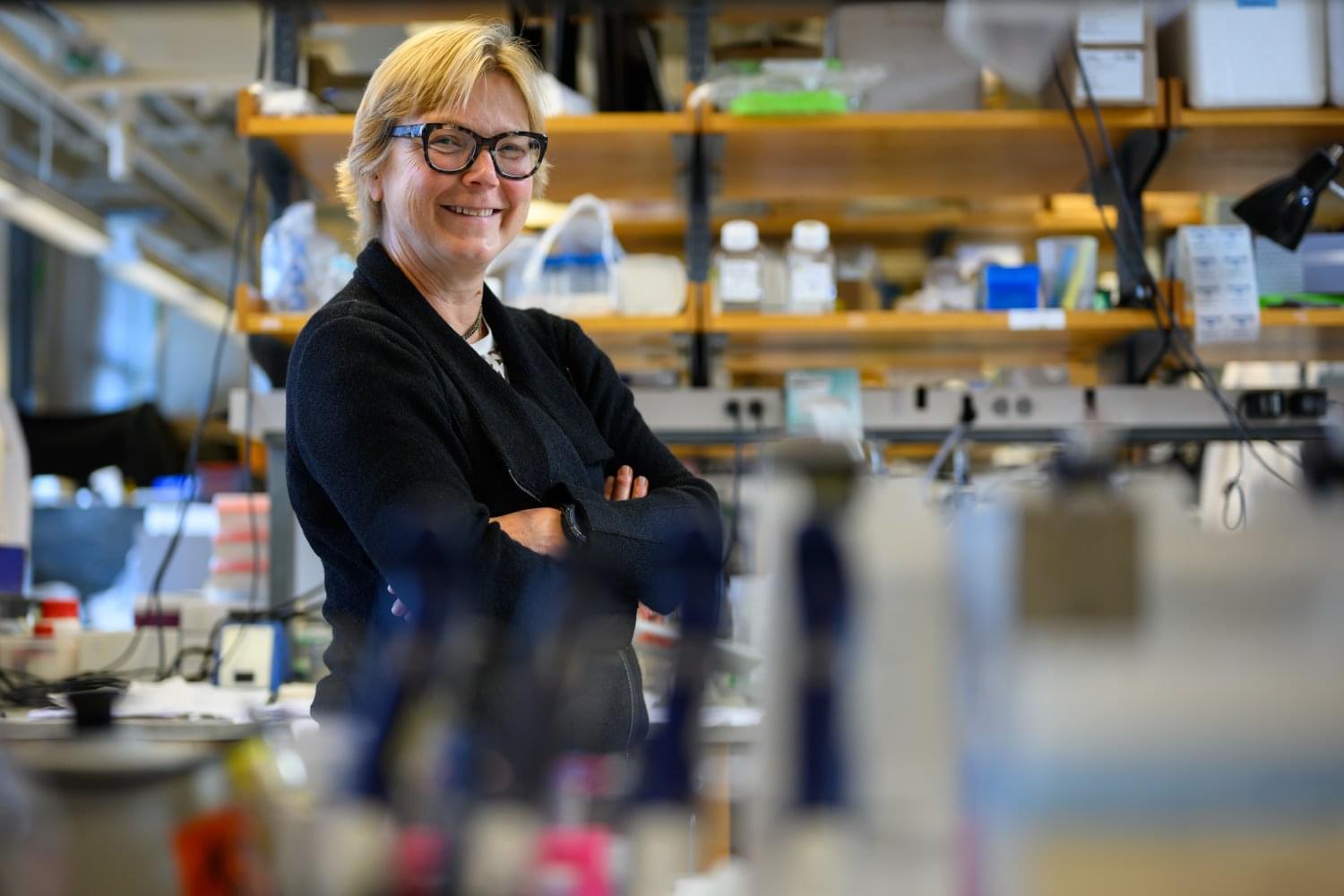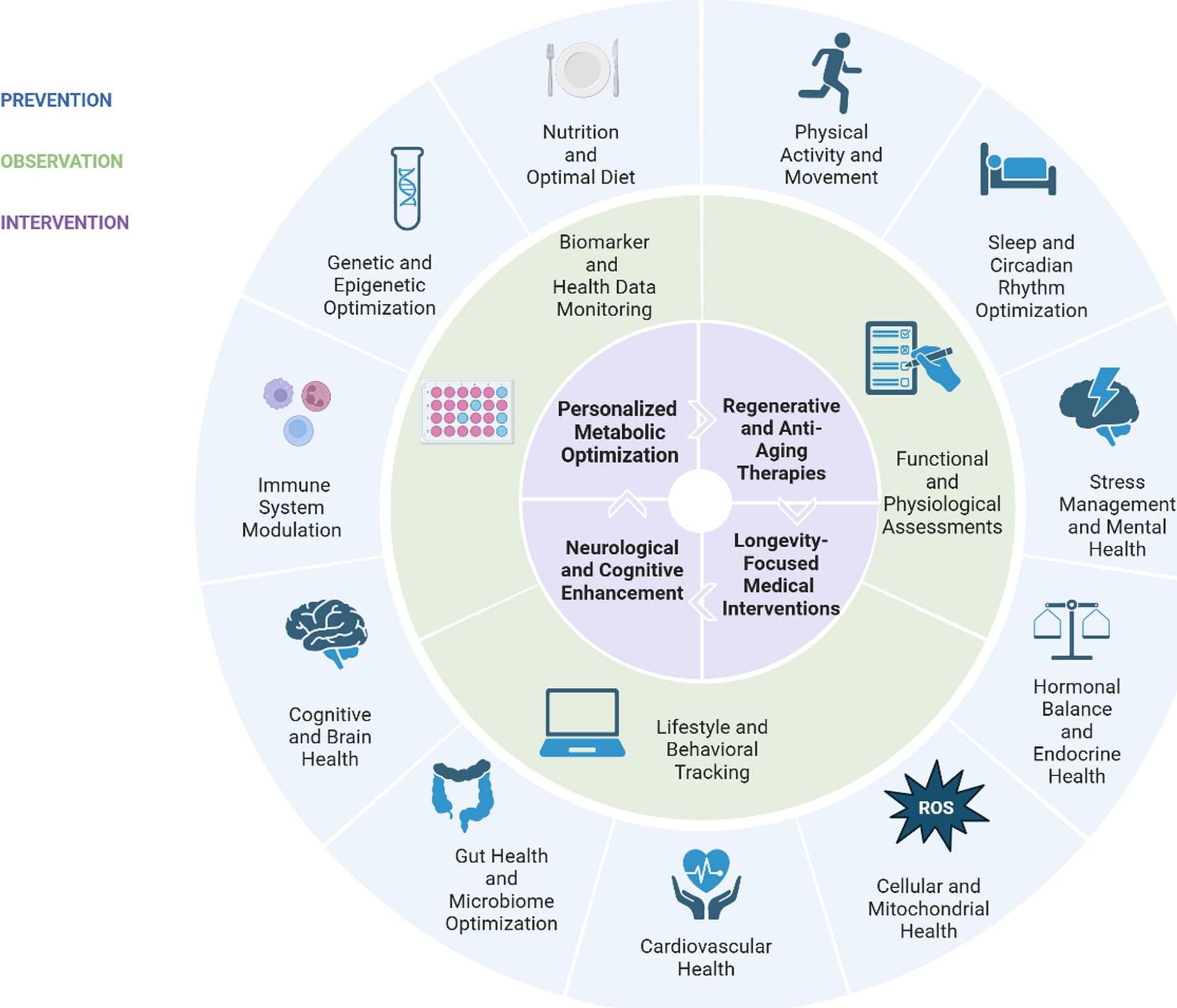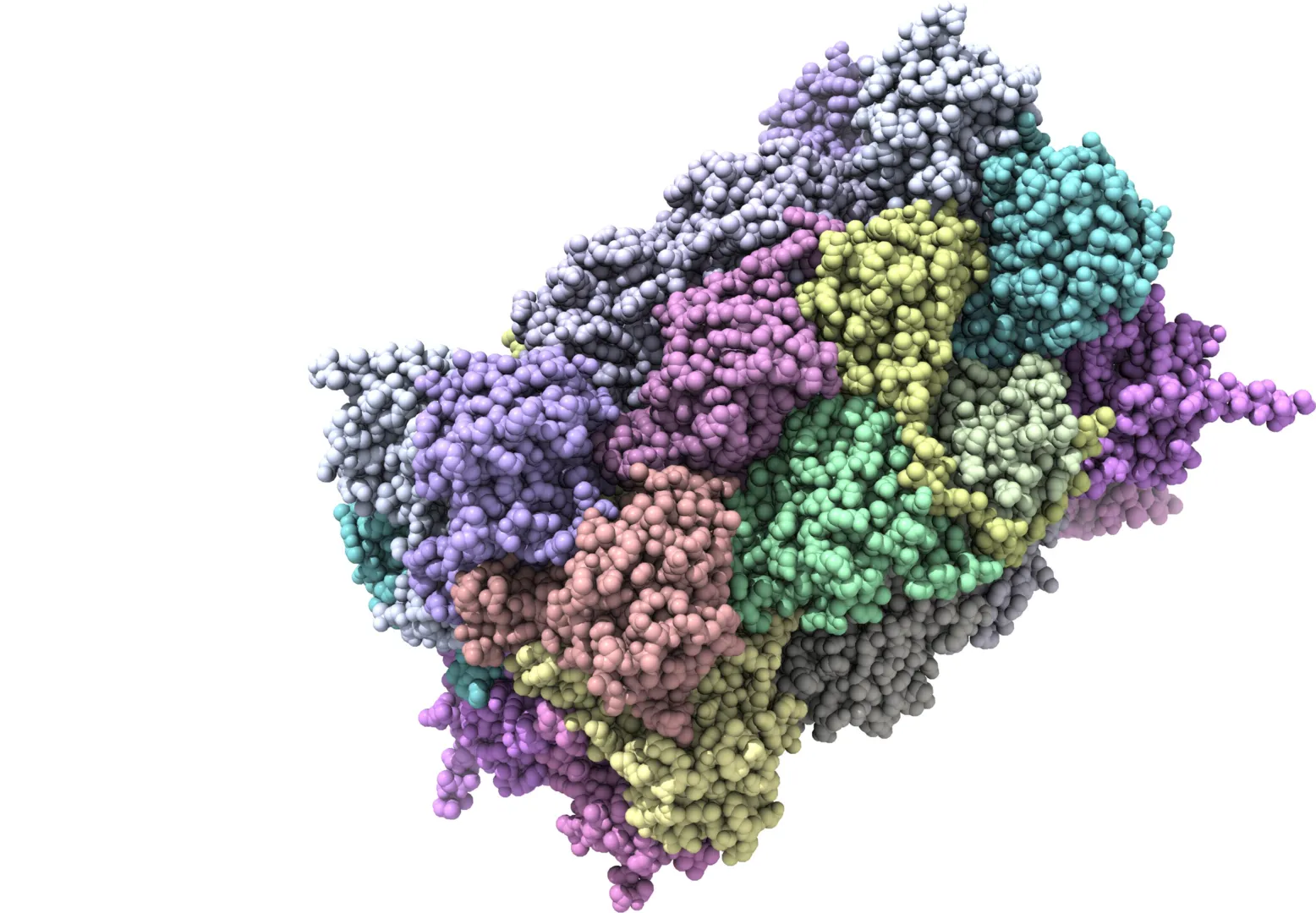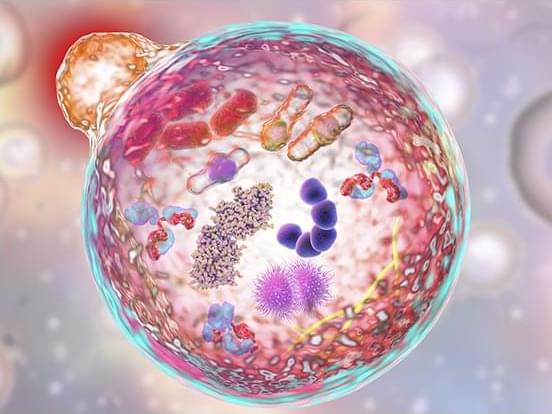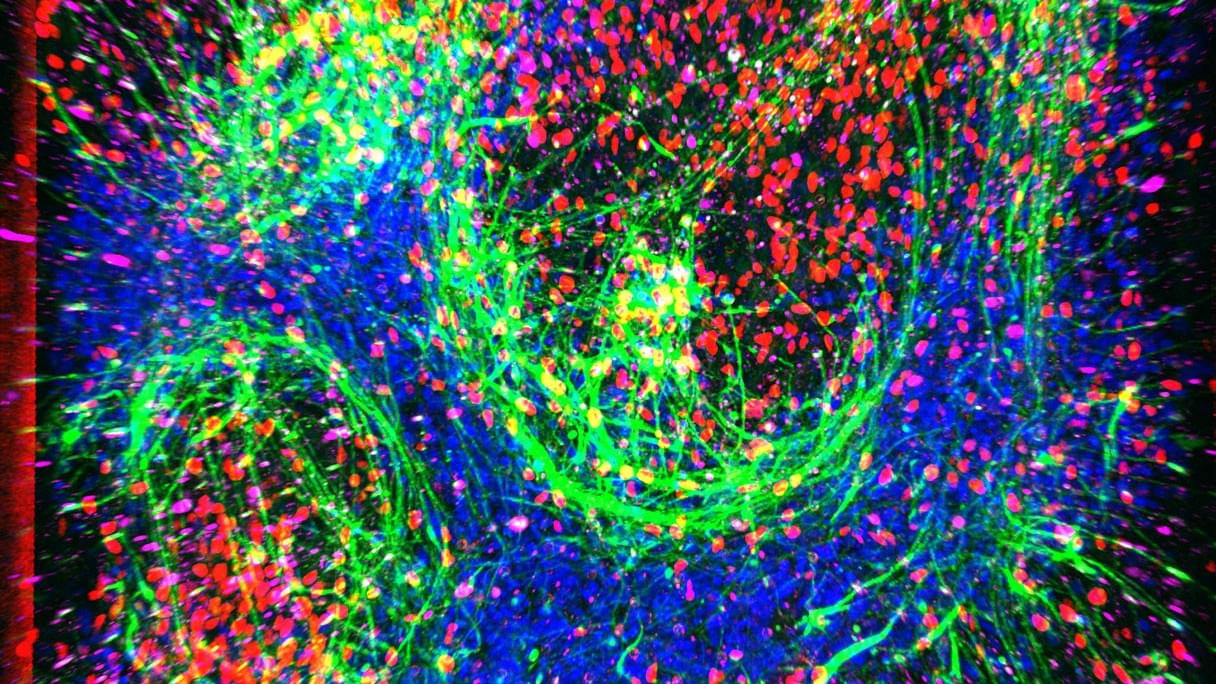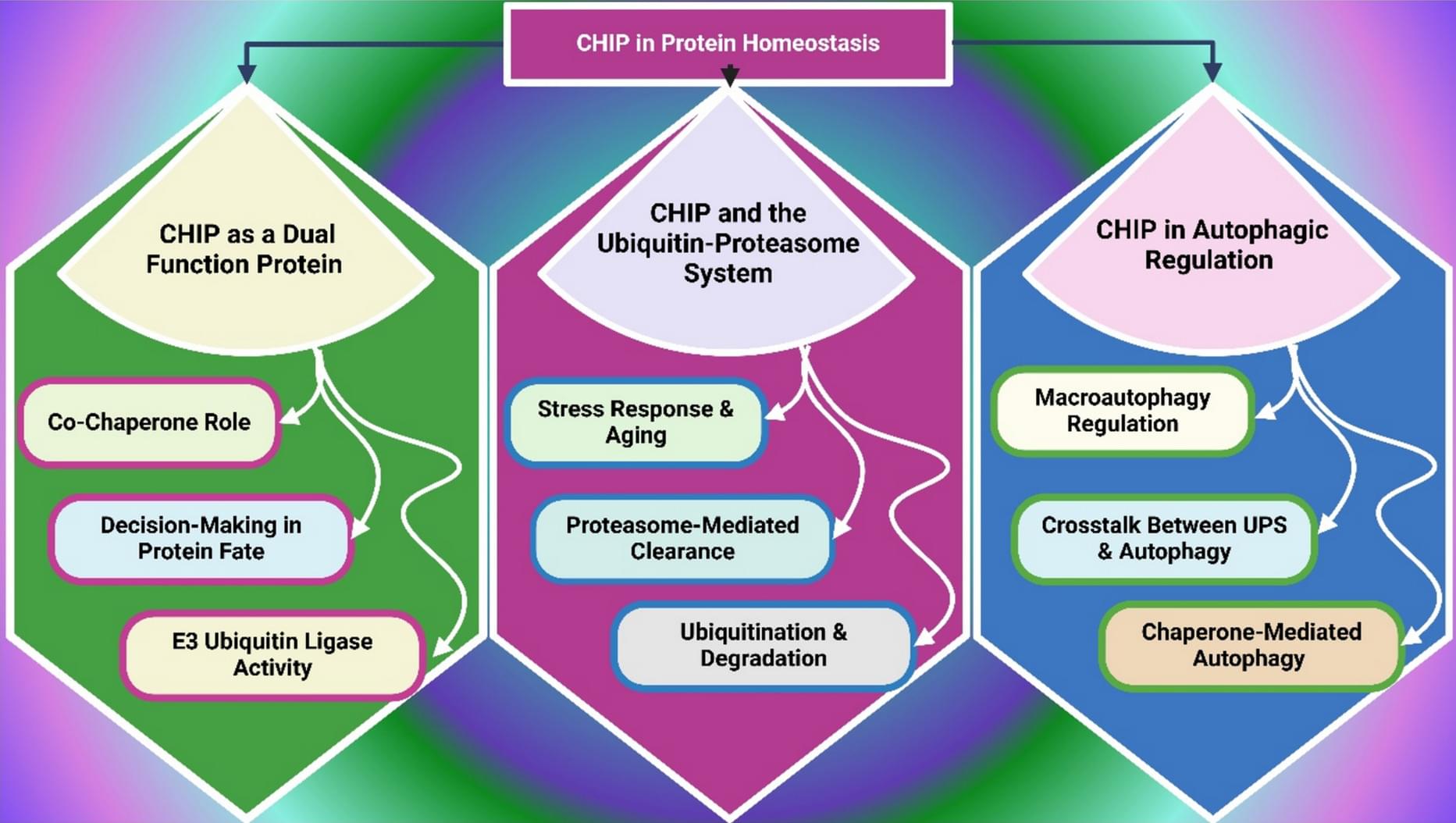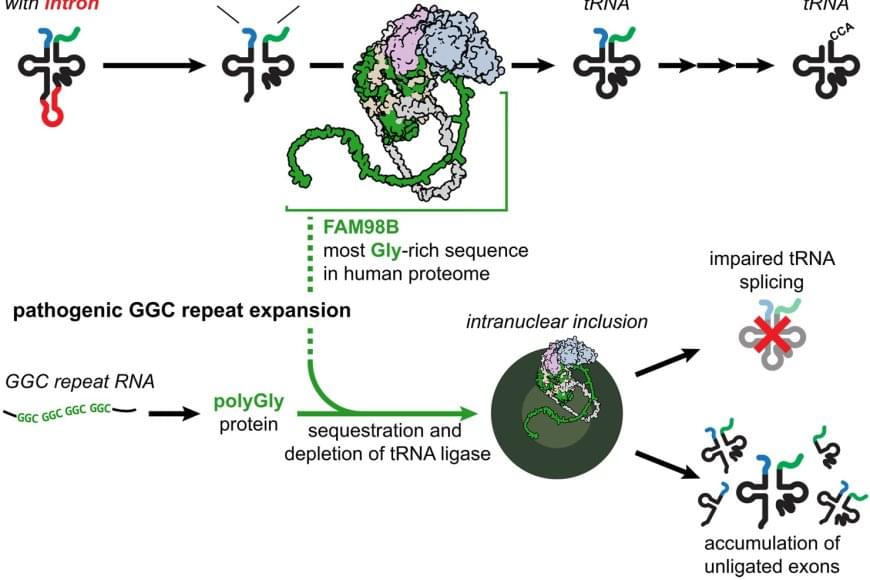Brian Kennedy is a renowned biologist, leader in aging research, & director of the Center for Healthy Longevity at the National University of Singapore. In this episode, Brian shares insights from ongoing human aging studies, including clinical trials of rapamycin & how dosing strategies, timing, & exercise may influence outcomes. He presents two key models of aging—one as a linear accumulation of biological decline & the other as an exponential rise in mortality risk—& explains why traditional models of aging fall short. He also explains why most current aging biomarkers lack clinical utility & describes how his team is working to develop a more actionable biological clock. Additional topics include the potential of compounds like alpha-ketoglutarate, urolithin A, & NAD boosters, along with how lifestyle interventions—such as VO2 max training, strength building, & the use of GLP-1 & SGLT2 drugs—may contribute to longer, healthier lives.
View show notes here: https://bit.ly/44ShpRB
Become a member to receive exclusive content: https://peterattiamd.com/subscribe/
Sign up to receive Peter’s email newsletter: https://peterattiamd.com/newsletter/
0:00:00-Intro.
0:01:15-Brian’s journey from the Buck Institute to Singapore, & the global evolution of aging research.
0:09:12-Rethinking the biology of aging.
0:14:13-How inflammation & mTOR signaling may play a central, causal role in aging.
0:18:00-Biological role of mTOR in aging, & the potential of rapamycin to slow aging & enhance immune resilience.
0:23:32-Aging as a linear decline in resilience overlaid with non-linear health fluctuations.
0:36:03-Speculating on the future of longevity: slowing biological aging through noise reduction & reprogramming.
0:42:18-The role of the epigenome in aging, & the limits of methylation clocks.
0:47:14-Balancing the quest for immortality with the urgent need to improve late-life healthspan.
0:52:16-Comparing the big 4 chronic diseases: which are the most inevitable & modifiable?
0:57:27-Exploring potential benefits of rapamycin: how Brian is testing this & other interventions in humans.
1:09:14-Testing alpha-ketoglutarate (AKG) for healthspan benefits in aging [1:01:45];
1:13:41-Exploring urolithin A’s potential to enhance mitochondrial health, reduce frailty, & slow aging.
1:17:35-Potential of sublingual NAD for longevity.
1:26:50-Other interventions that may promote longevity: spermidine, 17 HRT, & more.
1:34:33-Biological aging clocks, clinical biomarkers, & a new path to proactive longevity care.
1:45:01-Evaluating rapamycin, metformin, & GLP-1s for longevity in healthy individuals.
1:51:19-Why muscle, strength, & fitness are the strongest predictors of healthspan.
1:53:37-Why combining too many longevity interventions may backfire.
1:56:06-How AI integration could accelerate breakthroughs in aging research.
2:02:07-Need to balance innovation with safety in longevity clinics.
2:10:50-Peter’s reflections on emerging interventions & the promise of combining proven aging compounds.
——-
About:
The Peter Attia Drive is a deep-dive podcast focusing on maximizing longevity, & all that goes into that from physical to cognitive to emotional health. With over 90 million episodes downloaded, it features topics including exercise, nutritional biochemistry, cardiovascular disease, Alzheimer’s disease, cancer, mental health, & much more.
Peter Attia is the founder of Early Medical, a medical practice that applies the principles of Medicine 3.0 to patients with the goal of lengthening their lifespan & simultaneously improving their healthspan.
